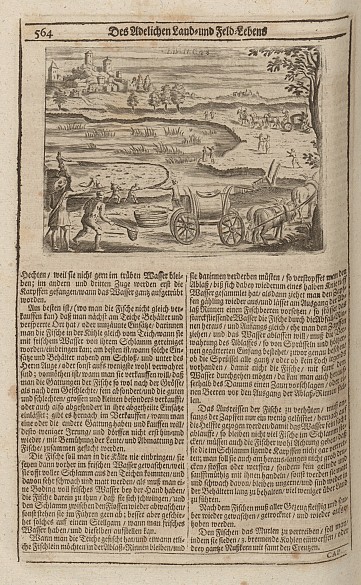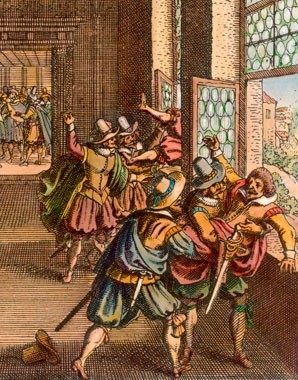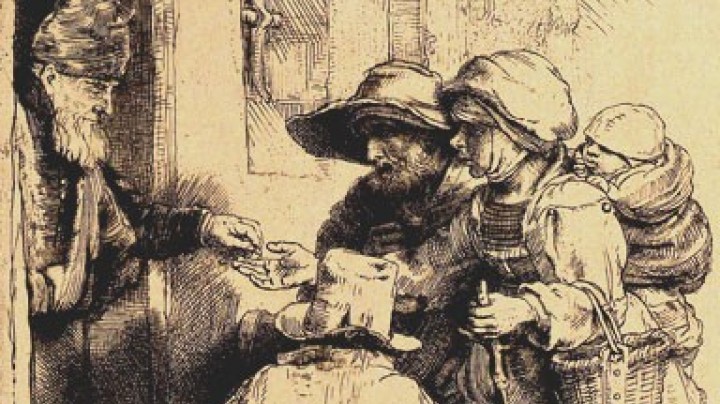Fish on the table – Fish ponds as a source of income
Numerous fish ponds were laid out in the late Middle Ages and the early modern period. The fish that were the big sellers were carp.
Fish was a favourite food for people living in monasteries. From the fifteenth century people living in towns also had fish, above all carp, on the menu more and more. This was partly the result of the rules for fasting being made stricter, with the consumption of meat being forbidden at certain times. The accounts for one manor in Lower Austria show that expenditure on food during times of fasting was three times greater than at other times. This was the result of the high consumption of fish, which was relatively expensive.
The sharp increase in the number of ponds in the transition from the Middle Ages to the modern period was on the one hand due to changes in the eating habits of the upper classes. On the other hand landowners tried to compensate for – or at least lessen the impact of – the fall in feudal rents by the sale of fish. In some cases entire manorial estates specialized in fish breeding and farming, with most of the work being done by labourers. There were others where the fish ponds took up an area of some 300 hectares – equivalent to more than 400 football pitches. Ponds which were fed from streams or rivers could be used all the time, in contrast to those which were filled with rain or meltwater and often dried up in periods of drought.
Although laying out and maintaining fish ponds was an expensive business, the lords of the manor could count on it being profitable because dealers bore the costs for transport and prices were relatively high. Buying fry to stock the ponds was also expensive, which is why those ponds where the fish were also hatched were the ones that made the most money. In general the economic success of fish ponds depended to a large extent on demand and prices, as well as on climatic conditions and on the political situation. During the Thirty Years’ War there was a sharp decline in fish farming on manorial estates.














